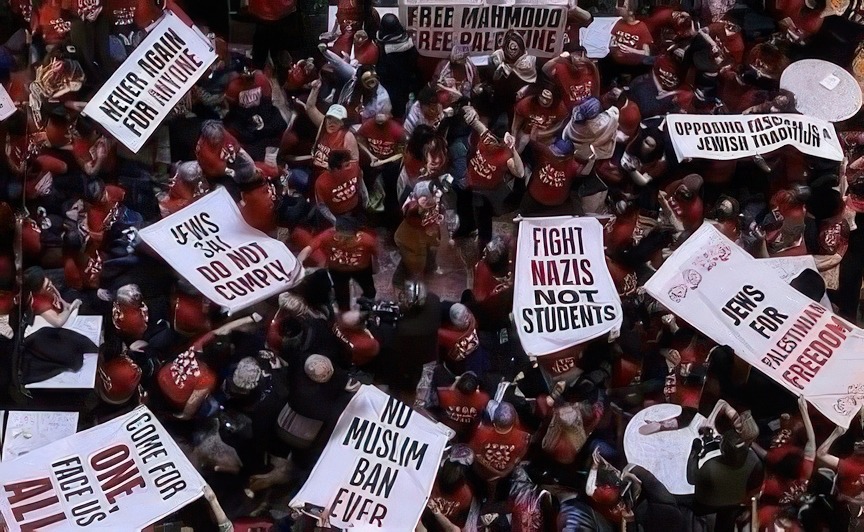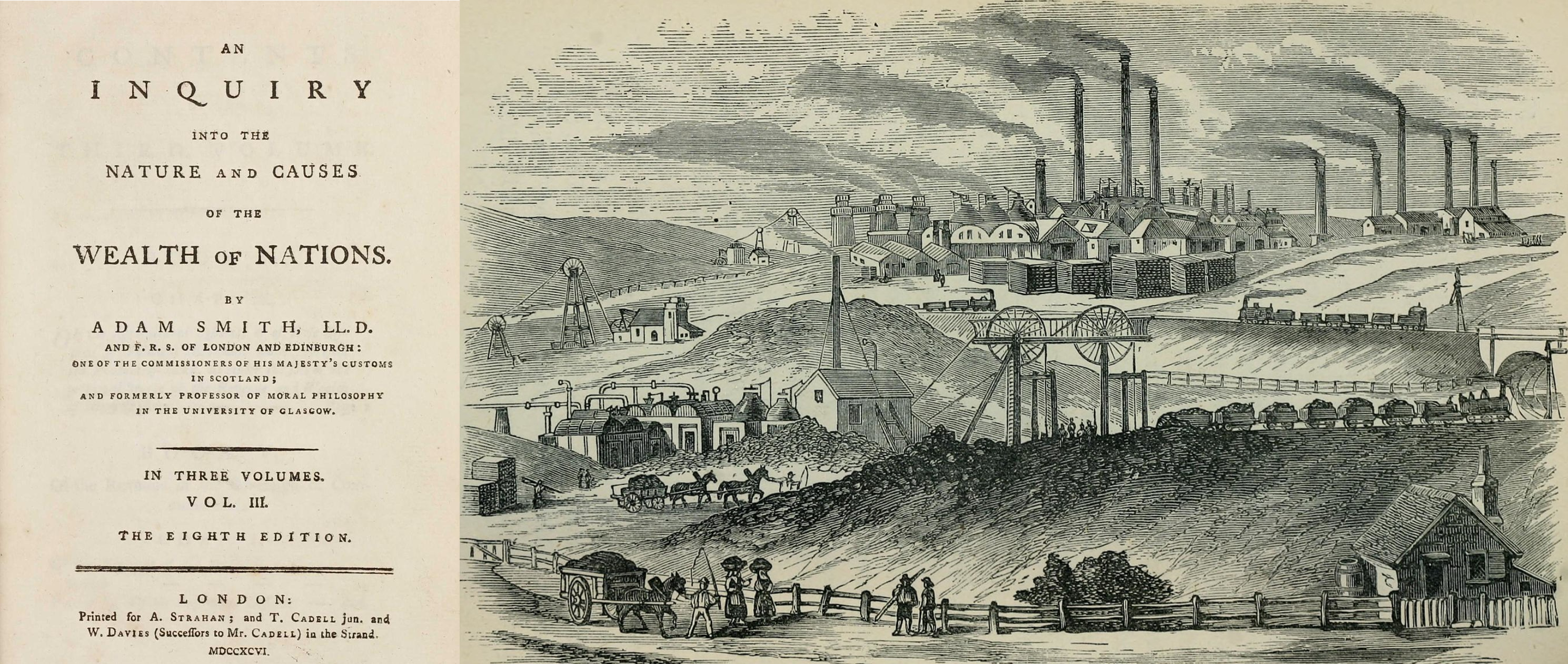Marxist Education Project
Reading Gramsci for Today’s Movements
Online: Zoom link will be provided to registered participantsAn ongoing study group on the Prison Notebooks and other works of Antonio Gramsci. We explore Gramsci's themes and concepts, including state-civil society relations, historical bloc, hegemony, spontaneity, strategy and tactic, and language. We follow Gramsci’s philological method, addressing such areas as linguistics, cinema, critical theory, literature, journalism, comics, animation, plastic arts, mass media and Machiavellian political studies.
Celebrating 75 Years of Palestinian Literature – Final Series
Three weekly sessions on Thursdays at 7 pm US ET, Starting January 9 The MEP’s months-long reading of Palestinian literature concludes in January with a reading of the recently issued memoir My Palestine: An Impossible Exile by Mohammad Tarbush. This highly praised memoir written by a man born during the Nakba and who died after ... Read more
Henri Lefebvre’s Critique of Everyday Life
Online: Zoom link will be provided to registered participantsAn open-ended reading group on Henri Lefebvre’s Critique of Everyday Life - a major manifesto of humanist Marxism and a clarion call for revolutionary praxis through sustained critique of daily living. “Lefebvre pushed philosophy out into the streets,” the critic McKenzie Wark has written; his work has influenced fields as diverse as sociology, cultural studies, architecture and urban planning, as well as movements including the Situationist International and the activists of May 1968.
LA Is Burning with Dennis Broe
Recording available on YouTubeDennis Broe examines the history of LA wildfires to shed light on the ingrained power, the structural class and racial imbalances, and the wanton devastation of a city organized not for its people but for its elites.
Bertolt Brecht’s Anti-Capitalist Aesthetics
Recording available on YouTubeAnthony Squiers presents an overview of Brecht’s revolutionary Marxist aesthetic and examine its usefulness as a weapon in today's struggles.
Literature of Burundi – A poorly reported conflict
Thursdays in February, Starting February 6, at 7:00 pm US ET In February, the Literature Reading Group will leave countries with extensive literature translated into English for Burundi, an East African nation considered the poorest country in the world. Burundi has had only two novels translated into English. Both novels take as a backdrop the country’s ... Read more
Reading Science Fiction Politically: In Ascension
Online: Zoom link will be provided to registered participants"To build a better future, we have to envision it first." Reading science fiction, discussing it together, and reading it politically, offers one tool for "envisioning" a future worth building. This fall, we continue our explorations of diverse points of view of social conflict and resolution, possible and imagined just worlds, here on Earth and perhaps afar.
‘Citizen Marx’ with author Bruno Leipold
Recording available on YouTubeWhat better time than the present moment to revisit Karl Marx’s commitment to the democratic republic as a necessary (if not sufficient) step on the path to human freedom? Author Bruno Leipold presents his recently published 'Citizen Marx: Republicanism and the Formation of Karl Marx's Social and Political Thought.'
‘The Late Marx’s Revolutionary Roads’ with author Kevin Anderson
Recording available on YouTubeKevin Anderson presents his newly published book, 'The Late Marx's Revolutionary Roads,' based on systematic analysis of Karl Marx’s "Ethnological Notebooks" and related Marx texts from his final years, 1869-1883.
State of Emergency in US Higher Education
Recording available on YouTubeAlan Wald presents an overview of the state of emergency in higher education in the United States that recalls earlier eras of extreme political repression, such as McCarthyism in the 1950s. Students, faculty, and staff at US colleges and universities who stand up for Palestinian human rights and stopping the genocide in Gaza are being threatened with deportation and punished by the administrations.
Trump, the State, and Global Capital
Recording available on YouTubeLooking at the early weeks of the Trump regime through a Marxists lens presents a major challenge, but who better to meet it than Steve Maher and Clara Mattei, whose historical analyses of finance capital and the capitalist state have garnered well-deserved praise. Join us as we engage Steve and Clara in an open-ended conversation aimed at bringing some clarity to the burgeoning chaos that is shaking up U.S. and global capitalism and the imperialist state system.
Karl Marx and Republicanism: Reading ‘Citizen Marx’
Online: Zoom link will be provided to registered participantsWhat better time than the present moment to revisit Karl Marx’s commitment to the democratic republic as a necessary (if not sufficient) step on the path to human freedom? Over five weekly meetings we will read and discuss Bruno Leipold’s recently published Citizen Marx: Republicanism and the Formation of Karl Marx's Social and Political Thought.
Adam Smith and ‘The Wealth of Nations’
Online: Zoom link will be provided to registered participantsAdam Smith deals with such issues as the so-called labor-theory of value, the equalization of the rate of profit, and the determination of commodity prices in important ways that anticipate Marx or require the corrections Marx provides. So, in this group, we will dive headlong into Smith's opus, The Wealth of Nations.
Hegel for Radicals: The Phenomenology of Spirit
Online: Zoom link will be provided to registered participantsOver 16 Saturdays, beginning March 8, we will read and discuss one of the most influential books of all time, Hegel's Phenomenology of Spirit. This massive retelling of humanity defies traditional divisions between history, philosophy, comedy, and tragedy.
Antonio Gramsci Studies, 2025 Sessions
The 2025 Gramsci Study Sessions will read and explore from: Selections from the Prison Notebooks Selections from Cultural Writings Selections from Political Writings Gramsci’s writings on international politics, as they relate to contemporary issues and conflicts. Participants may join in at any time. We share a vast archive of articles and secondary sources on Gramsci ... Read more














